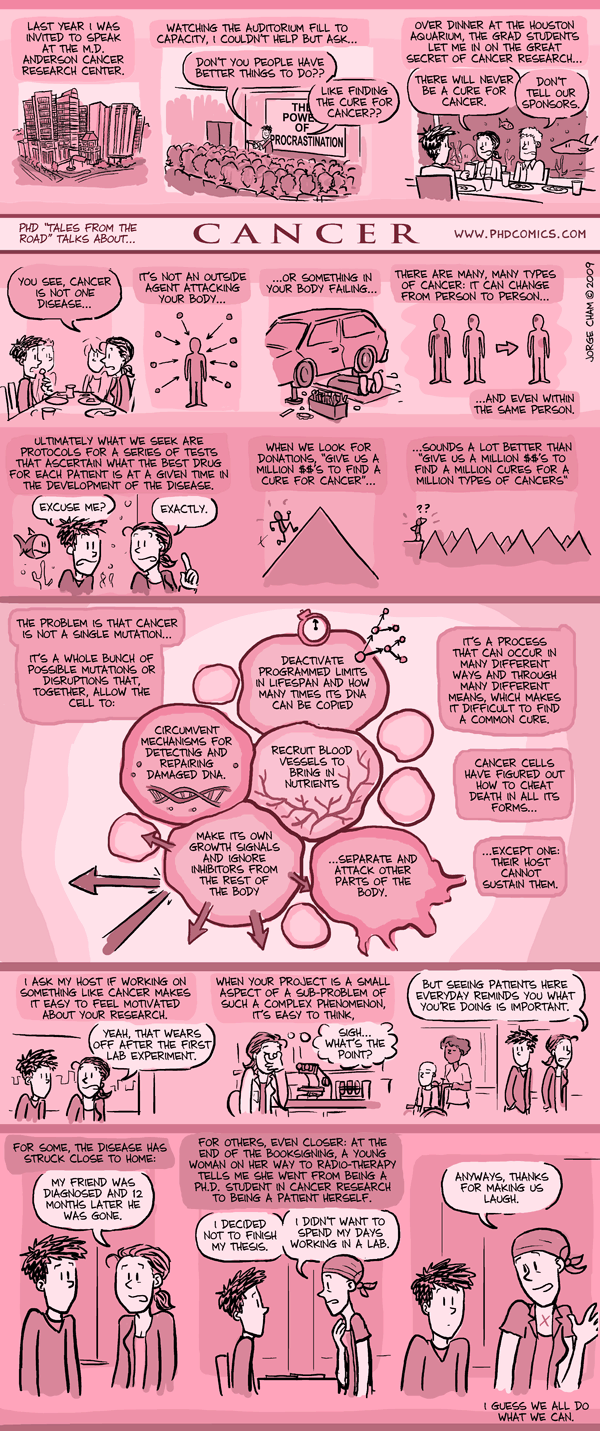J
JCM
:tumbleweed:Did Evolution Make Us Cancer Prone?
ScienceDaily (July 3, 2009) — Researchers at Ben-Gurion University of the Negev (BGU) have discovered that gene mutations that once helped humans survive may increase the possibility for diseases, including cancer.
The findings were recently the cover story in the journal Genome Research.
The team of researchers from BGU's National Institute for Biotechnology in the Negev (NIBN) set out to look for mutations in the genome of the mitochondria, a part of every cell responsible for energy production that is passed exclusively from mothers to their children. The mitochondria are essential to every cell's survival and our ability to perform the functions of living.
"Our ancestors responded to environmental changes, such as climate shift, with mutations that increased their chances of survival. But today, these same mutations predispose us toward complex diseases such as cancer," according to researcher Dr. Dan Mishmar, a molecular biologist from the Department of Life Sciences at BGU. "Although mitochondria's role in the emergence of new species has been investigated recently, the idea that they are responsible for our susceptibility to illness startles many."
To test this hypothesis, the researchers analyzed the genome mitochondria mutations from 98 unrelated individuals. Combinations of mutations tended to occur in tumors in precisely the same DNA building blocks that changed during evolution. The team also found that the mitochondrial genome of humans who migrated out of Africa to Europe 100,000 years ago carried seven mutations found in almost all of today's Europeans.
"The concept that the same principles that drive evolution toward the emergence of new species govern the emergence of diseases is new," Mishmar explains. "A clinician looks at the genome of a tumor, or other disease, and compares it to the normal population, looking for new mutations that do not occur there. I assume the mutations are already part of the population and have had a survival function. When these same mutations reoccur in the correct environment, they can cause disease."
As reported in the leading journal Genome Research, "We show, strikingly, that evolution repeated itself in cancer. If we better understand how evolution moved, we can understand the genetic basis of many complex disorders. Since mitochondria play a central role in disease, if we understand how they work and the way they changed our ability to survive in different conditions in ancient times, we can understand the mechanics of the disease. And we'll understand a lot about the way certain people develop diseases and others have a lower tendency toward those same diseases. This may lead to new methods of disease prevention or cures."
The future of humanity?







